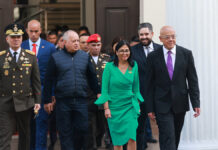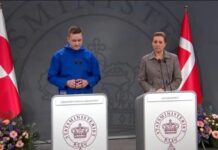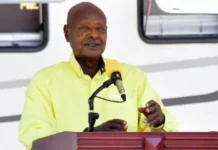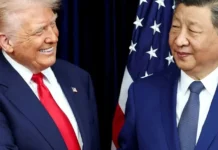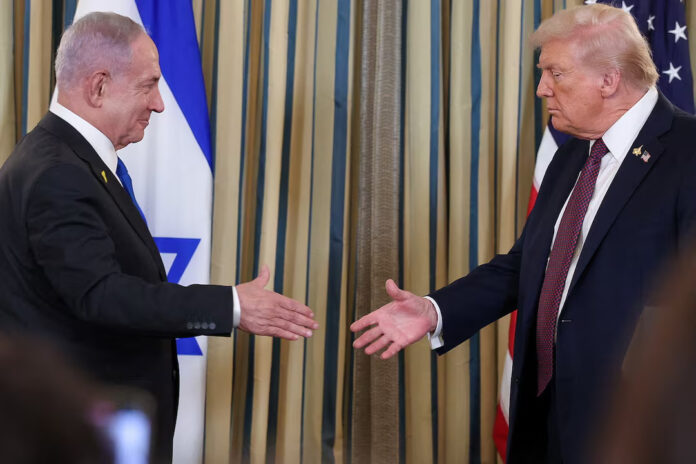
U.S. President Donald Trump on Monday announced that Israeli Prime Minister Benjamin Netanyahu had agreed to a U.S.-sponsored peace proposal to end the nearly two-year war in Gaza, though doubts remain over whether Hamas will accept the deal.
Speaking at a joint White House press conference, Trump said the two leaders were “beyond very close” to an agreement. He warned Hamas that Israel would have full American backing to act militarily if the group rejected the plan.
The White House released a 20-point framework that calls for an immediate ceasefire, a staged Israeli withdrawal from Gaza, the exchange of Hamas-held hostages for Palestinian prisoners, Hamas’ disarmament, and the establishment of a transitional administration led by an international body.
Netanyahu, making his fourth visit to Washington since Trump returned to office in January, said the plan met Israel’s war objectives. “It will bring back our hostages, dismantle Hamas’ military capabilities, end its political rule, and ensure Gaza never again poses a threat to Israel,” he declared.
Hamas, however, remains the critical obstacle. The group, which launched the October 7, 2023, assault that killed 1,200 Israelis and saw 251 hostages captured, still holds 48 captives, Israel says.
A Hamas official told Reuters the group had not formally received the plan, though mediators Qatar and Egypt have shared the document. Hamas is said to be reviewing it “in good faith.”
The plan envisions a phased hostage release within 72 hours of a ceasefire, Israeli troop withdrawals, and eventual Palestinian Authority reforms under international oversight. It also hints at a pathway to Palestinian statehood, a prospect Netanyahu has long opposed.
Instead, Gaza’s governance would be handed to a technocratic Palestinian committee overseen by an international “board of peace” chaired by Trump and including former U.K. Prime Minister Tony Blair.
The Palestinian Authority welcomed U.S. efforts, while several Arab and Muslim states were briefed on the sidelines of last week’s U.N. General Assembly. Still, analysts warned of hurdles.
“The Qataris must put pressure on Hamas, and Netanyahu must sell the deal to his security cabinet,” said Steven Cook of the Council on Foreign Relations.
Israel’s ongoing offensive has devastated Gaza, with local health authorities reporting more than 66,000 Palestinian deaths since the war began.
The humanitarian crisis has amplified global calls for peace, even as Netanyahu faces domestic pressure from hostage families and hardline coalition partners.
Trump, who vowed during his 2024 campaign to swiftly end the conflict, called Netanyahu’s backing a “trust in partnership” and said the moment could mark the end of decades of violence.
But with Hamas yet to sign on, the deal’s future remains uncertain.
Source: Reuters
Written By Rodney Mbua










